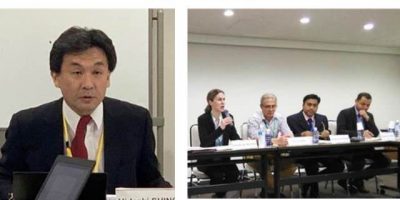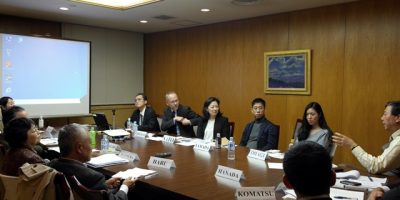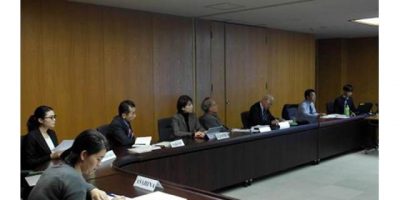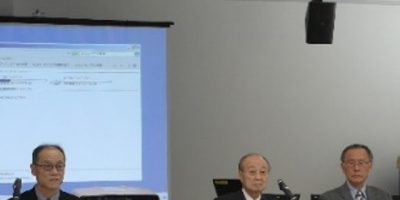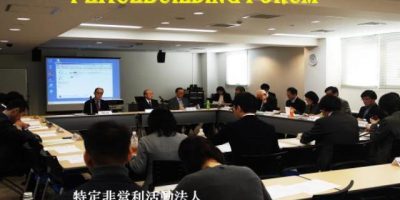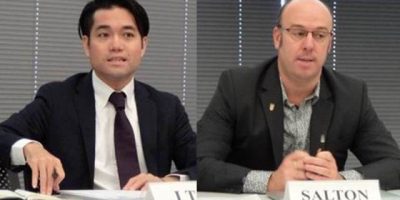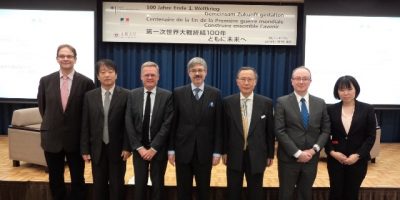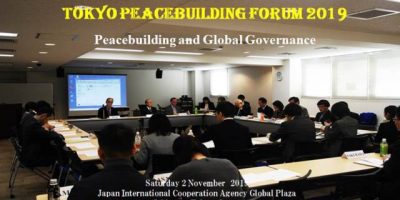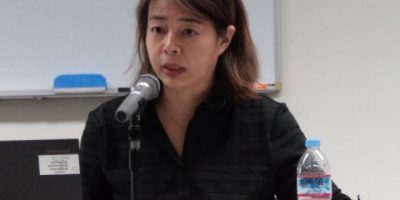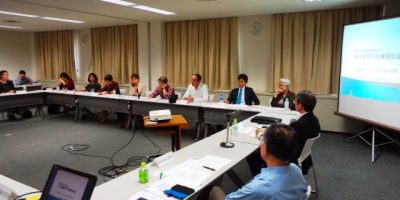Prospect for Sustaining Peace in South Sudan discussed by Participants of GPAJ/ HPC Joint Review Meeting (10/01/2019)
Some participants found positive and encouraging signs while others remained skeptical about the possibility for South Sudan’s President Salva Kiir and his major adversary, the former vice-president and opposition leader Riek Machar and other tribal leaders to translate the agreement reached in September 2018 into the formation of a stable government. A summary report of discussion will follow.

